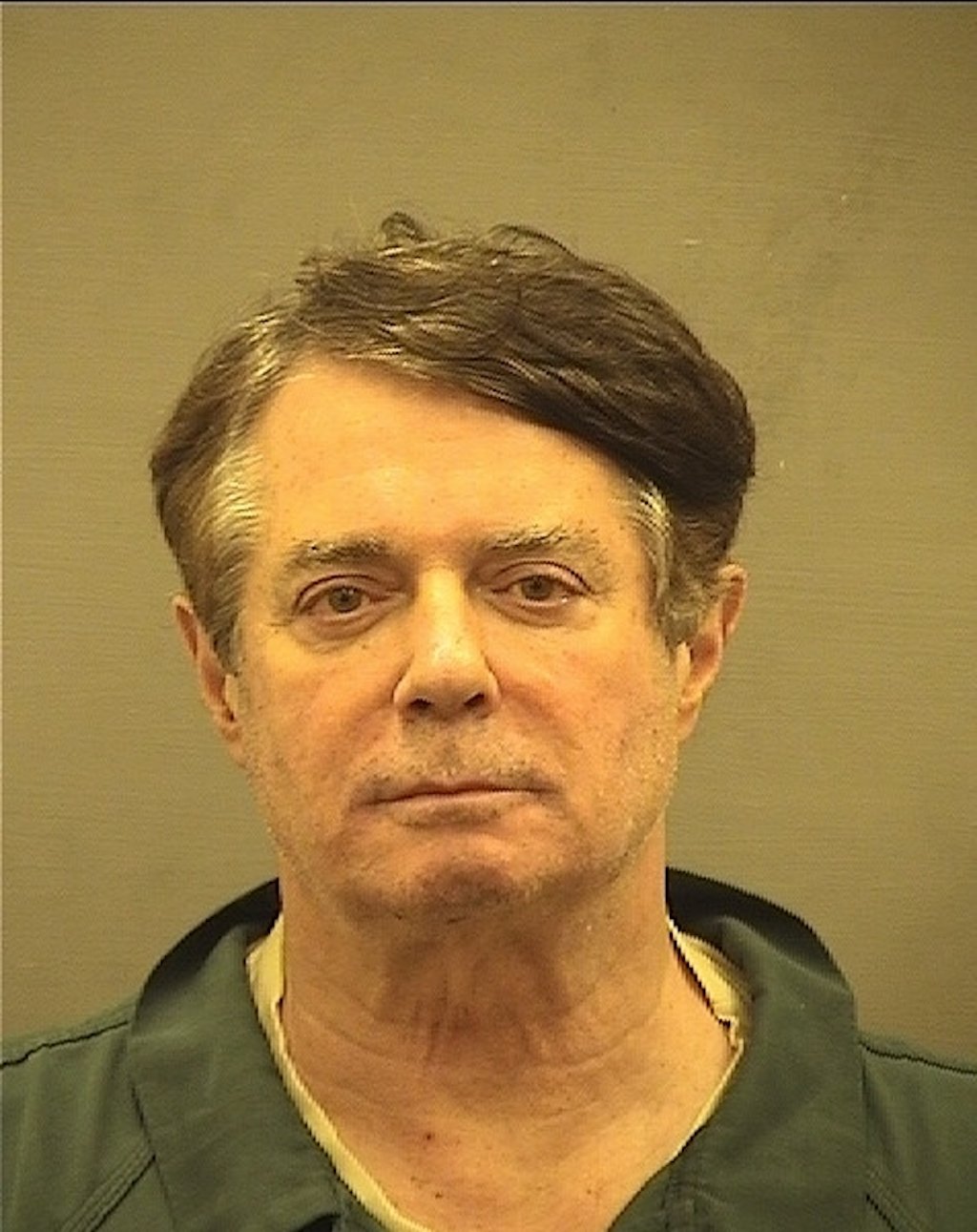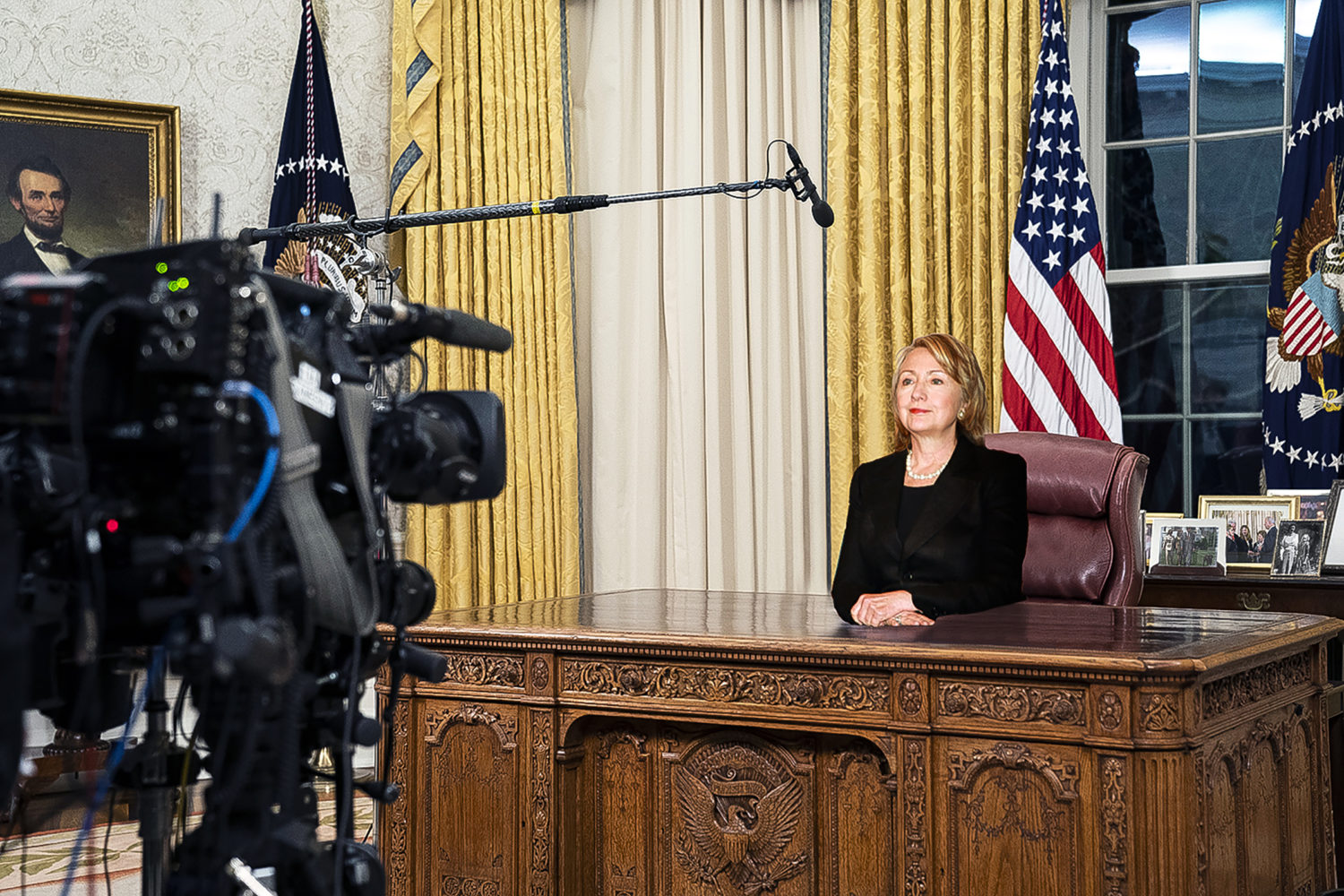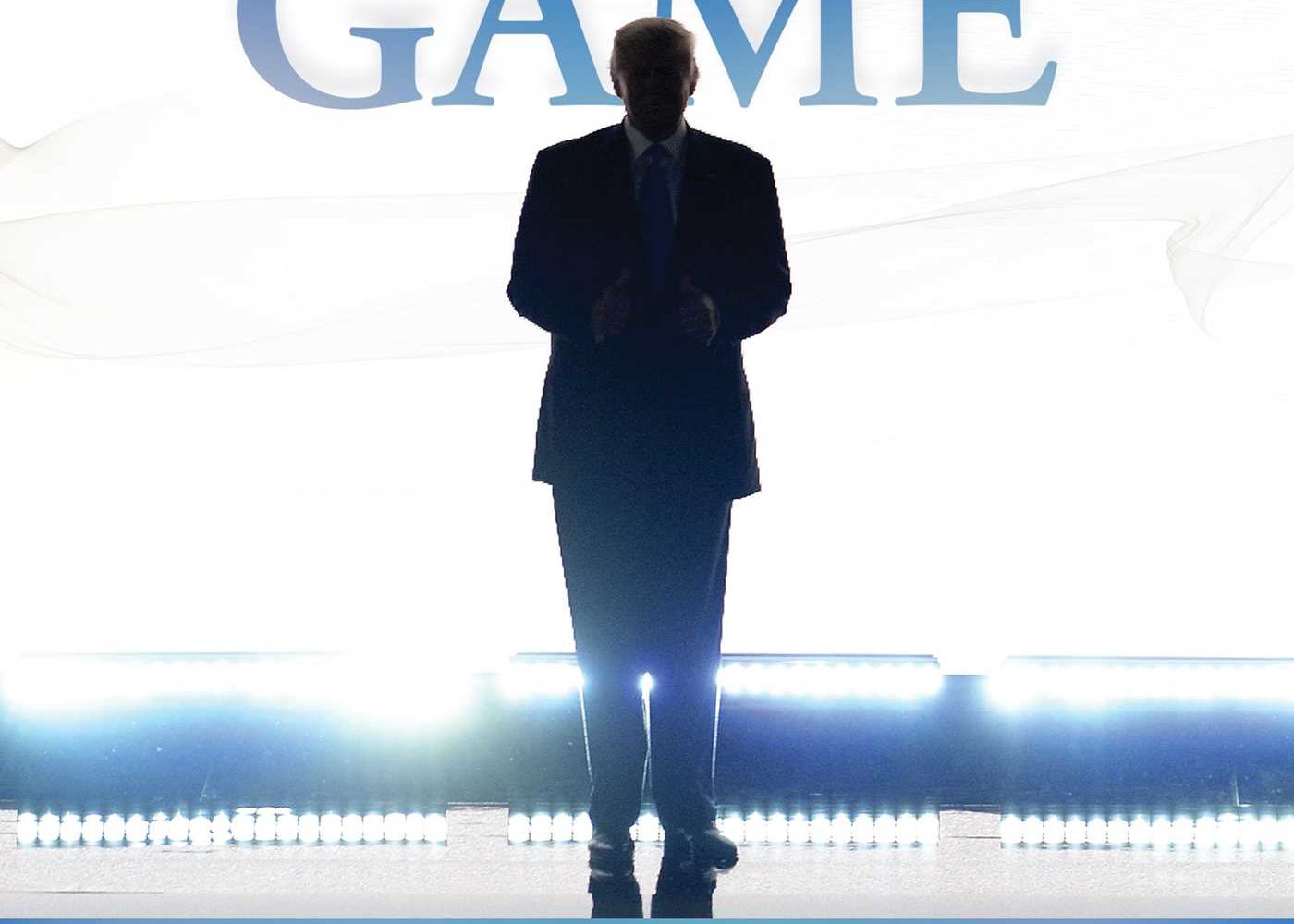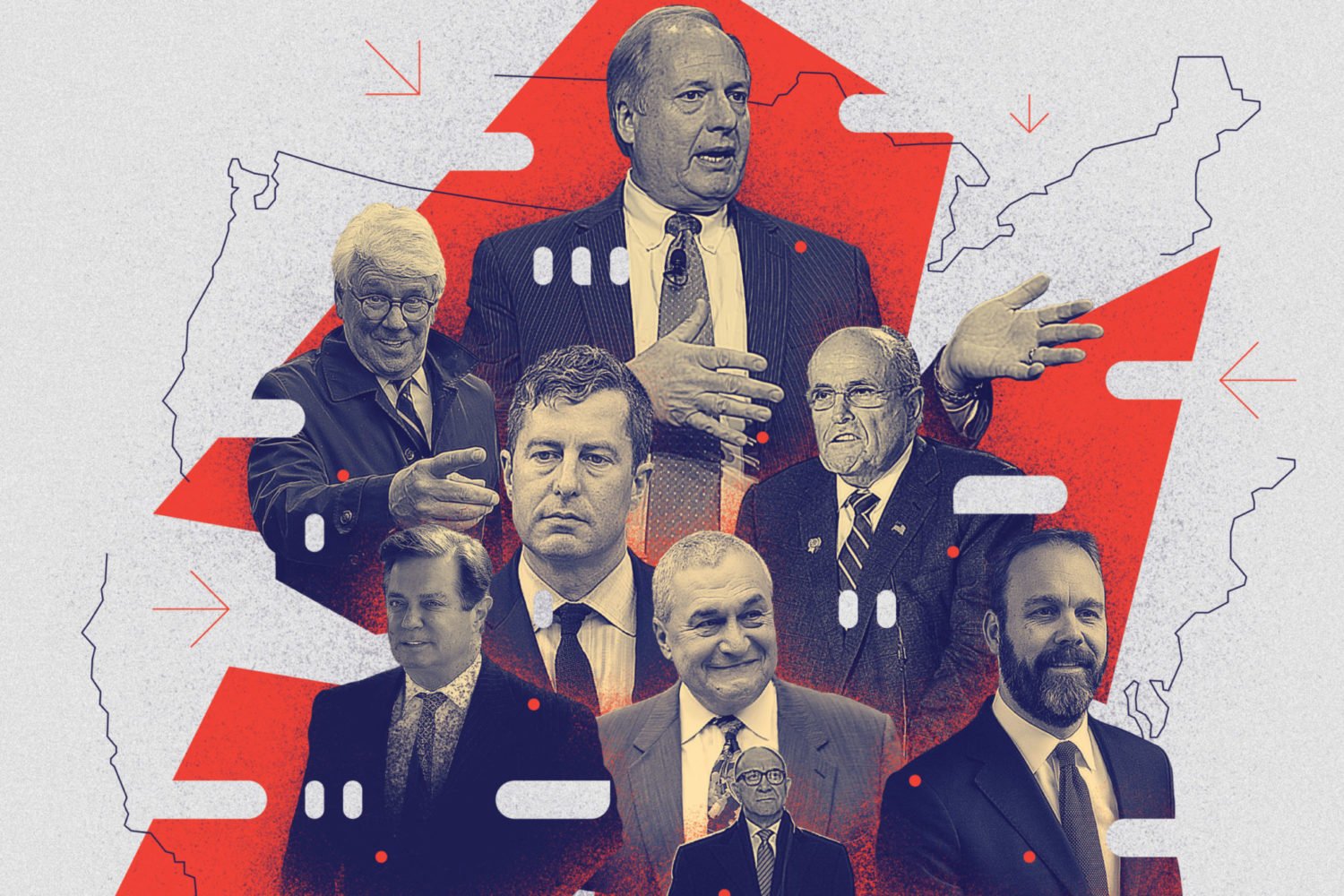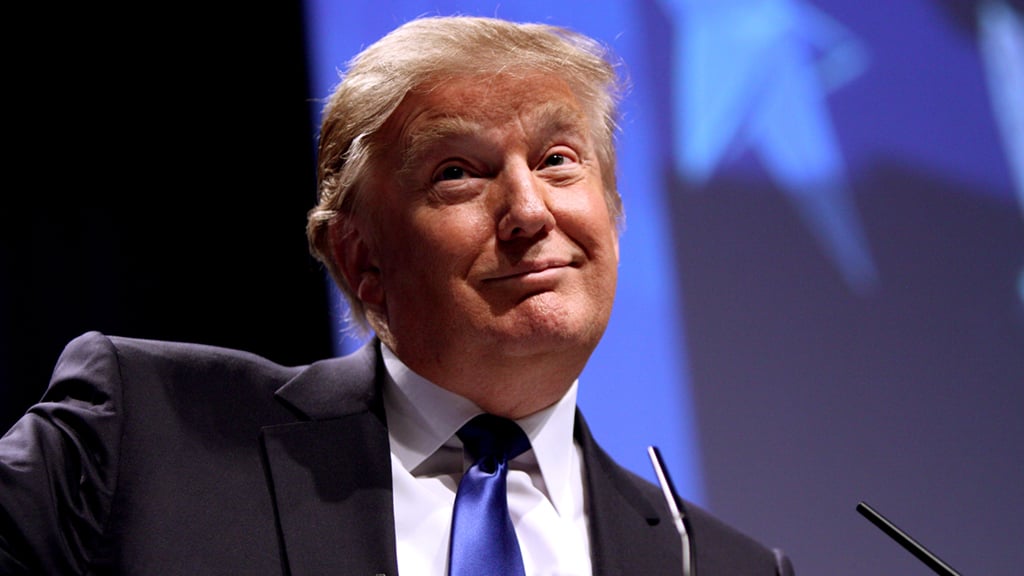On Tuesday, Paul Manafort’s trial will begin at a federal courthouse in Alexandria. While the DC area is no stranger to high-profile court cases, this is kind of a big deal: Manafort is the first former Trump aide to go to trial as Special Counsel Robert Mueller’s investigation into Russian meddling in the 2016 election unfolds. Thinking of trying to be in the room as the marquee trial commences? We answered a few questions you might have:
Wait, one of his trials?
Yes. Manafort lives in Virginia, so the charges against him there are for bank fraud, not paying taxes, and other financial misdeeds. DC’s where the more buzzed-about charges—conspiracy against the United States, being an unregistered agent of Ukraine, and more money laundering—were filed.
Where is it?
Manafort’s trial will be at the Albert V. Bryan US Courthouse in Alexandria (401 Courthouse Square). The courthouse, which is just minutes from the detention center Manafort was recently moved to, is affectionately known as the “rocket docket” for its efficiency: its median case-filing-to-trial time is 12.7 months, leaps and bounds ahead of most other federal district courthouses.
Manafort’s trial will occur in Judge T.S. Ellis III’s ninth-floor courtroom, the biggest in the building. Although the courthouse has its own cellblock, Manafort will return to the Alexandria Detention Center each night, where he is in protective custody.
How do I get there?
The courthouse is located squarely between the King St-Old Town and Eisenhower Avenue stops, so just hop on the Blue or Yellow lines and then walk for ten minutes. According to the court’s website, parking opportunities immediately around the courthouse are “virtually non-existent,” so get out your SmarTrip or go by Uber/Lyft.
When should I get there?
Early. Public entry into the courtroom (journalists included) is first-come, first-serve, so be prepared to wait in line long before the 10 AM start time (the courthouse opens at 8). Ellis’ courtroom can fit around 100, but if you don’t make the cut, an overflow courtroom equipped with two large screens streaming live video and audio will also be available.
Can I bring my phone?
Nope! Make sure to bring a photo ID, but leave all electronics—cell phones, Apple Watches, Fitbits—at home, because they won’t make it past the X-ray machines and metal detectors at the entrance. If you forget, you dash to Cafe Gallery & Market on the corner if Jamieson Avenue and Courthouse Square, where you can pay $2 to stow your phone for the day. You also might want to forgo a box lunch and empty out your water bottle because no outside food or drink is allowed inside the courthouse.
Where can I get lunch?
The most convenient place to grab a bite is the Courthouse Deli, just an elevator ride away from the courtroom. If you want to venture into the rain, you can walk five minutes in the direction of the King Street Metro, and you’ll hit a cluster of familiar names like Starbucks, Dunkin Donuts, and Potbelly. If you forgot your umbrella, closer options include Cafe Gallery (warning: they have a $7 card minimum), Trademark Drink and Eat at the Westin right across the street, and the Westin Starbucks.
Will it be a media circus?
Given how often the Mueller investigation pops up in headlines and the president’s tweets, almost certainly. TV stations will be set up in the Courthouse Square Park right outside the building, and expect to see reporters rushing from the electronic-free zone to wherever their laptops are. (Despite the requests of prominent publications like the New York Times and the Washington Post, Judge Ellis declined to waive the no-electronics rule or provide a workroom for the media.)
What will the first day be like?
Don’t expect anything dramatic; the trial starts with jury selection. Over 100 prospective jurors were summoned to court last week fill out a questionnaire with inquiries from Mueller’s team; at least 30 have already been eliminated based on their responses.
How big of a deal is this trial for the local courthouse?
When I visited, everyone in the courthouse seemed blasé about the high-profile event. “It’s not considered a high-threat trial,” US Marshal Robert Mathieson told me. After all, the courthouse has seen prominent trials before; former Louisiana congressman William J. Jefferson was convicted of bribery in 2009, and before that, it was the site of the terrorism trial of Zacarias Moussaoui, the only person tried in federal court in connection with the September 11 attacks. This trial, it seems will be less eventful. As Deputy Marshal Timothy Alley put it: “White collar trials are—who cares how high profile they are? They’re talking about money and receipts; it’s kind of boring.”

